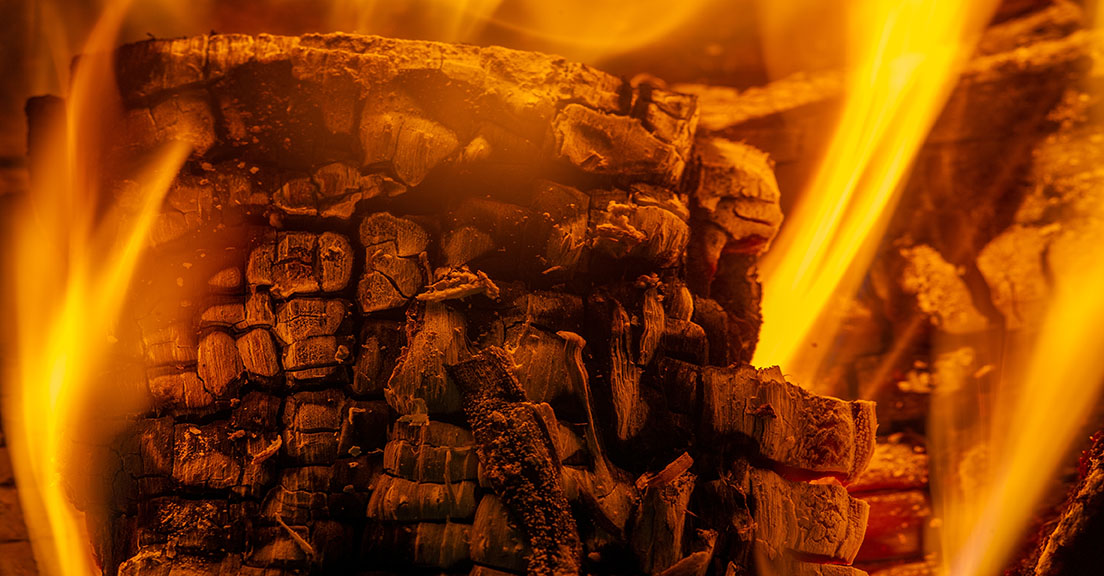

Combustion is a chemical reaction that occurs when a fuel combines with oxygen and releases energy in the form of heat and light.
The fuel can be a solid, liquid, or gas.
The oxygen can be from the air or from a chemical compound.
The energy released can be used to do work, such as cooking food, heating homes, or powering engines.
The combustion reaction is exothermic, which means that it releases heat. The heat released can cause the fuel to vaporise, which can then mix with more oxygen and continue the reaction.
The combustion reaction can also produce products, such as carbon dioxide and water vapour.
A substance that is capable of combustion.

Noun:
Combustion: The rapid chemical combination of a fuel with oxygen, accompanied by the production of heat and light.
Combustible: A substance that is capable of combustion.
Combustor: A device in which combustion takes place.
Adjective:
Combustible: Capable of combustion.
Incendiary: Capable of causing combustion.
The word “combustion” comes from the Latin word “comburere”, which means “to burn up”. The Latin word “comburere” is made up of the prefix “com-”, which means “together”, and the verb “urere”, which means “to burn”.
What causes something to combust?
Question:
Define "combustion" in the context of chemistry and explain the key components necessary for the combustion process to occur.
Answer:
Combustion is a chemical reaction that occurs when a substance reacts rapidly with oxygen, releasing heat, and light, and often producing products like carbon dioxide and water.
For combustion to take place, three key components are essential: a fuel, an oxidizing agent (usually oxygen), and sufficient activation energy. The fuel is the substance that undergoes the reaction and is typically a hydrocarbon or any other compound rich in carbon and hydrogen. Oxygen acts as the oxidizing agent, providing the necessary atoms for the fuel to combine with, resulting in the formation of new chemical bonds and the release of energy. Lastly, the activation energy is the initial input of energy needed to start the combustion process. This energy breaks the initial chemical bonds within the fuel, allowing it to react with oxygen and initiate the exothermic reaction.
Address
Developing Experts Limited
Exchange Street Buildings
35-37 Exchange Street
Norwich
NR2 1DP
UK
Phone
01603 273515
Email
hello@developingexperts.com
Copyright 2025 Developing Experts, All rights reserved.